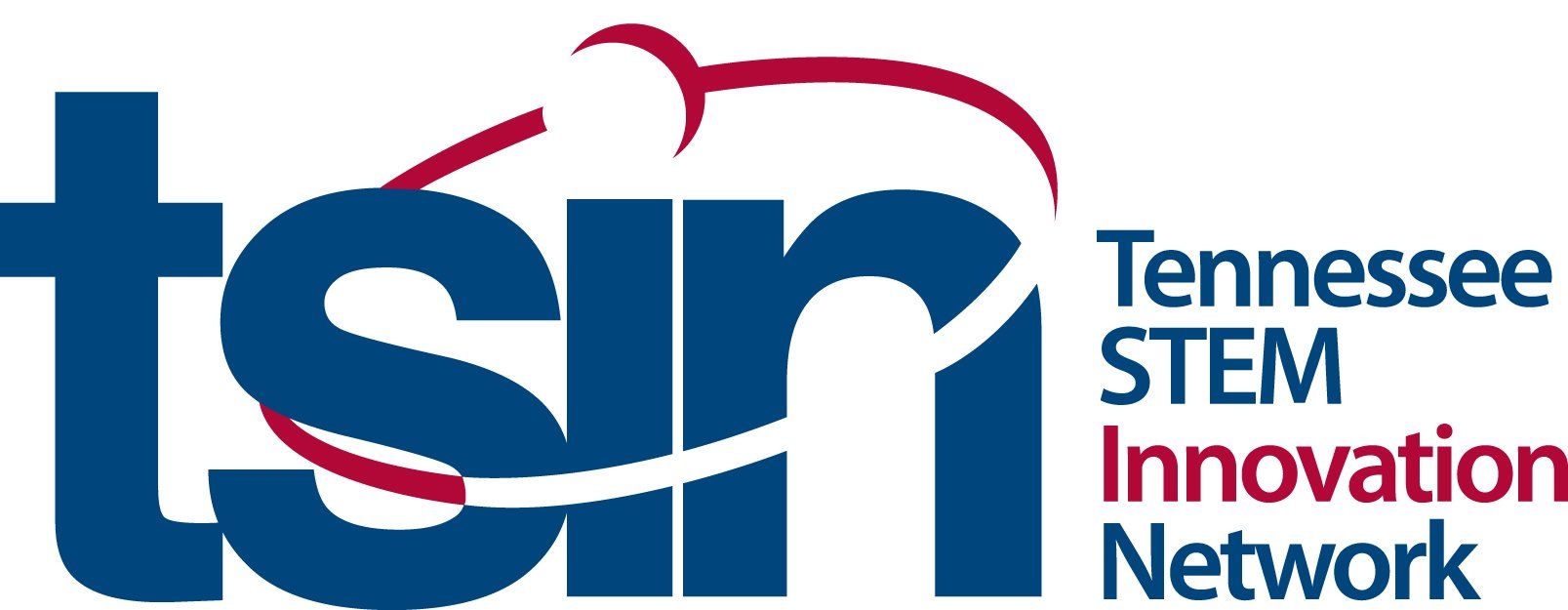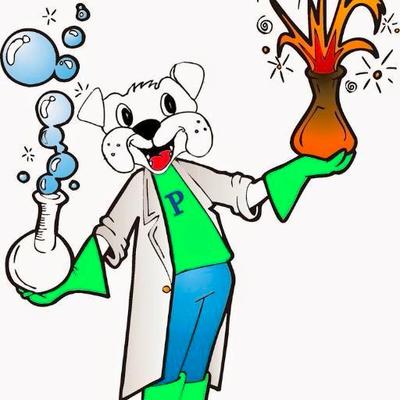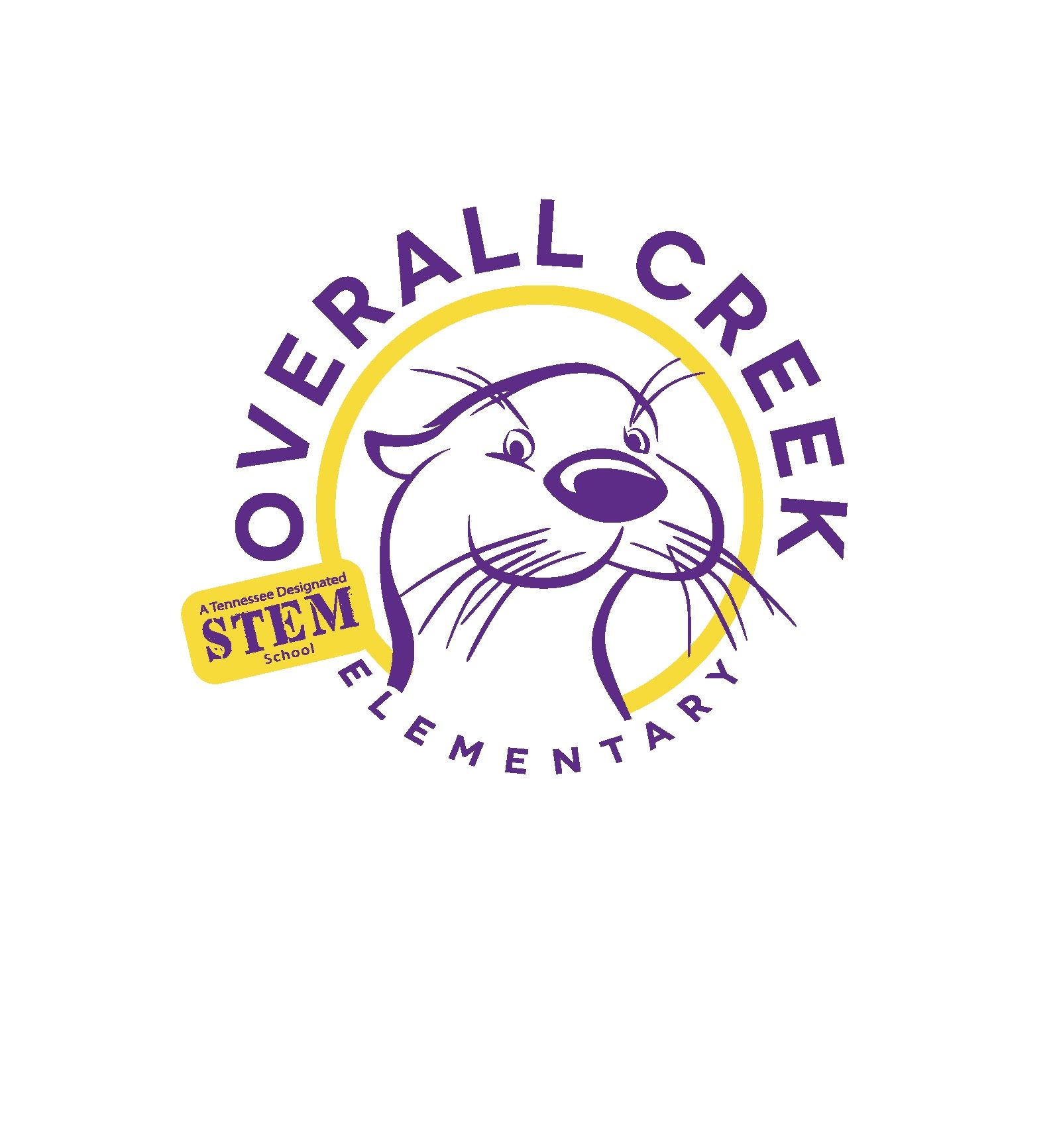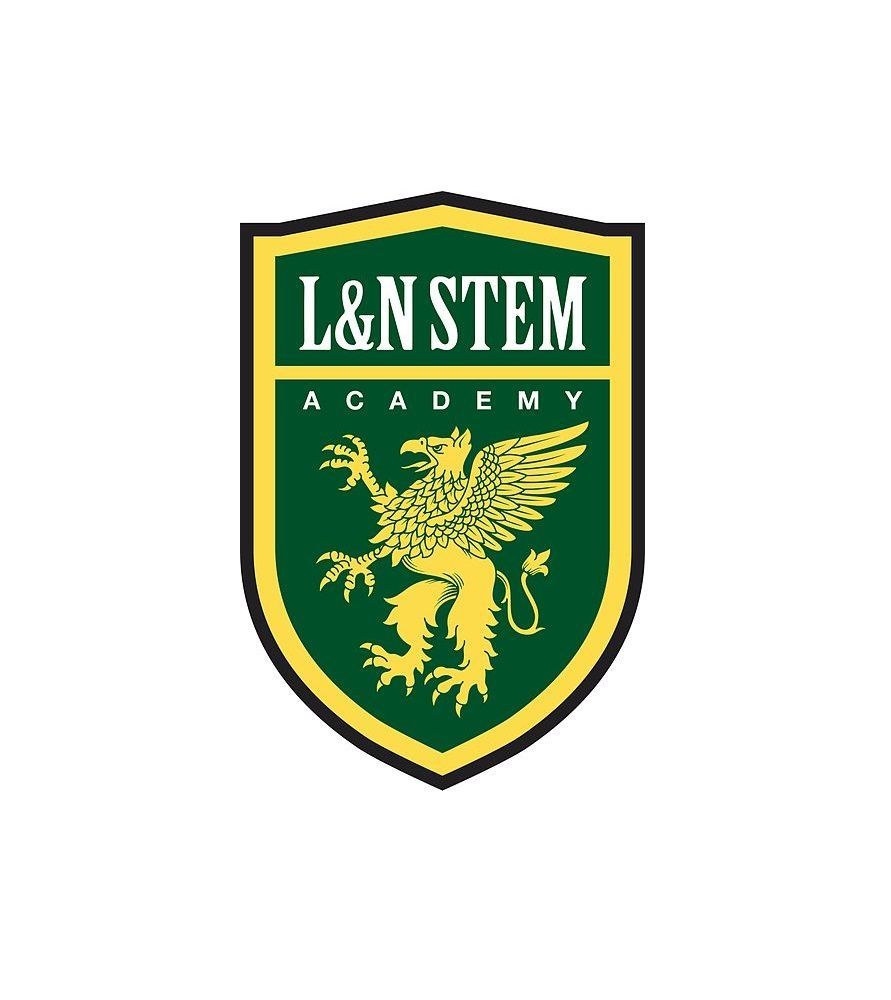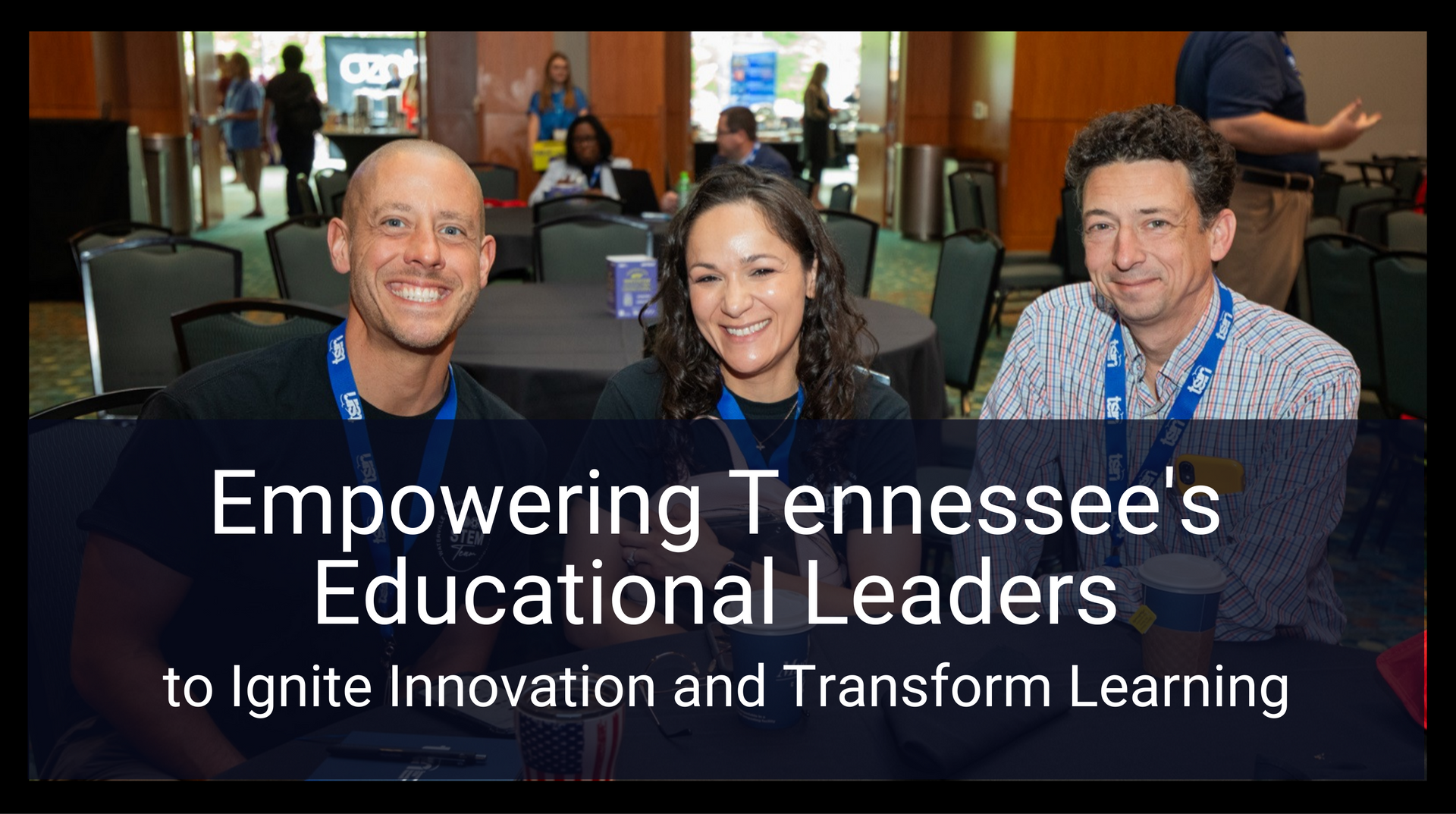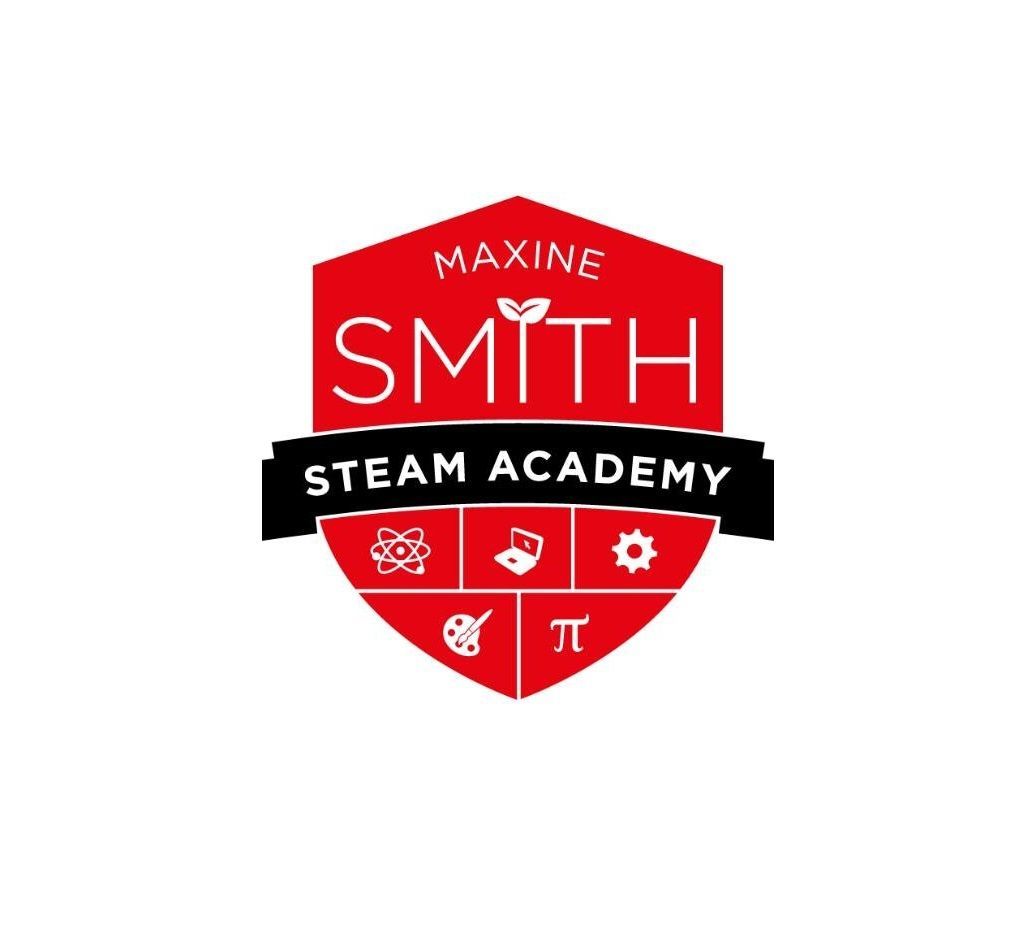Reshaping the Role of Computer Science in the Classroom: A Look Inside RePublic Schools
It’s National Computer Science Education Week and we are excited to highlight RePublic Schools, a charter network that has demonstrated the transformative power of incorporating a computer science curriculum. RePublic currently operates 3 middle schools in Nashville – Liberty Collegiate, Nashville Prep, and the Nashville Academy of Computer Science – as well as RePublic High […]Read more The post Reshaping the Role of Computer Science in the Classroom: A Look Inside RePublic Schools appeared first on Tennessee STEM Innovation Network.
It’s National Computer Science Education Week and we are excited to highlight RePublic Schools , a charter network that has demonstrated the transformative power of incorporating a computer science curriculum. RePublic currently operates 3 middle schools in Nashville – Liberty Collegiate, Nashville Prep, and the Nashville Academy of Computer Science – as well as RePublic High School. They also have two campuses in Mississippi and will be opening the first charter elementary in Mississippi in the fall. All of their campuses have a fully integrated computer science curriculum that provides students with foundational skills in coding, robotics and design. RePublic also operates the Cato Center which provides computer science and entrepreneurship classes and clubs for ALL Nashville students. We sat down with Michael Burgevin, RePublic’s Director of Computer Science, to learn more about how they are ensuring Nashville’s students have access to great computer science instruction.

Michael Burgevin, Director of Computer Science, RePublic Schools
How does the teaching and learning of Computer Science support the concepts of STEM and the instruction of other subjects?
Michael Burgevin: Teaching computer science, at it’s core, is teaching problem solving and critical thinking. If you are learning to code, you are learning how to put arguments in order, how to create a narrative, and how to sell an argument. That said, I think it is important that we treat computer science as a subject in itself and not a supplemental tool because we want students to be able to fill the over 1 million computer science jobs that are projected to be unfilled in 2020. At RePublic, we treat computer science as a core subject, just like math, science or literacy.
What does the progression of computer science coursework look like from fifth grade through high school?
MB: It has been evolving every year. When we started this program, we assumed we would use an external computer science curriculum. However, when we started this back in 2014, there were no strong computer science curriculums we could draw from. So decided to develop our own for the middle school. In fifth and sixth grade, students learn using Scratch, a coding development program, as well as web design using HTML. In the seventh grade, they learn Java Script. For the eighth grade, we are now using a Code.org curriculum called CS Discoveries. Once students get to high school, students engage with a personalized learning course in ninth grade, AP Computer Science Principles in 10 th grade (another Code.org curriculum) and Coursera’s Java Curriculum for the 11 th grade. We do not currently have a 12 th grade but when we do next year, students will take AP Computer Science A.
How do you engage industry partners in your work?

Students at RePublic schools learn the coding languages and skills necessary to be successful in industry
MB: When we developed the curriculum, we worked with a board of industry professionals from Nashville and the Bay Area, as well as members of the Nashville Tech Council, to ensure we are teaching the coding languages and skills that align with the needs of the industry. Since then, the board has been instrumental in helping us find classroom speakers and other opportunities to engage industries. One of the interesting insights we hear time and time again from industry is they want students who can pitch and present their work so we try to build that in to all of our courses.
What are the long term goals for the computer science curriculum?
MB: Long term, we would like to see a more robust program with industry partners at the high school level. We want to make students are having the opportunity to engage with computer science internships and work based learning. We are working to develop partnerships with different software schools to help facilitate a clear pathway to the industry for students.
There tend to be two pathways that students interested in computer science can take after high school. One option is to attend a four year college degree or the other is to participate in more on the job training. Does RePublic have a clear philosophy or preference on this?

RePublic Schools are passionately committed that all of their students have the option of attending college.
MB: We are passionately committed to ensuring that any student that attends a RePublic school is prepared and able to go to college. I agree, there are many interesting paths students can take into this profession. The harsh reality for many of our students is that they will face severe bias and underrepresentation in the field. I think about one of our students, who will be graduating as an 18 year old African-American female from a low income community and there will be a lot of bias against her in the industry. Being able to go to college and get a computer science degree from a reputable school is going to be almost a necessity for her to be taken seriously. I don’t like that fact, but it is the unfortunate reality we need to prepare our students for.
What is the greatest indicator of success for your computer science curriculum?
MB: The greatest indicator of success are the work that our students are producing and the words that they say about their experience. When we launched the Cato Center, one of our students spoke at the opening and she spoke about her passion for computer science and the hope the curriculum has provided for her future.
Thank you to Michael Burgevin for providing us with a glimpse into a highly successful computer science integration. Even more powerful is to hear the impact of RePublic’s computer science curriculum on students. Below, you can hear the inspiring words of Princess Duncan, a student at RePublic High School, who is using her computer science background as a springboard to one day “open her own company that creates artificial organs for people in countries that may not have access to them.”
